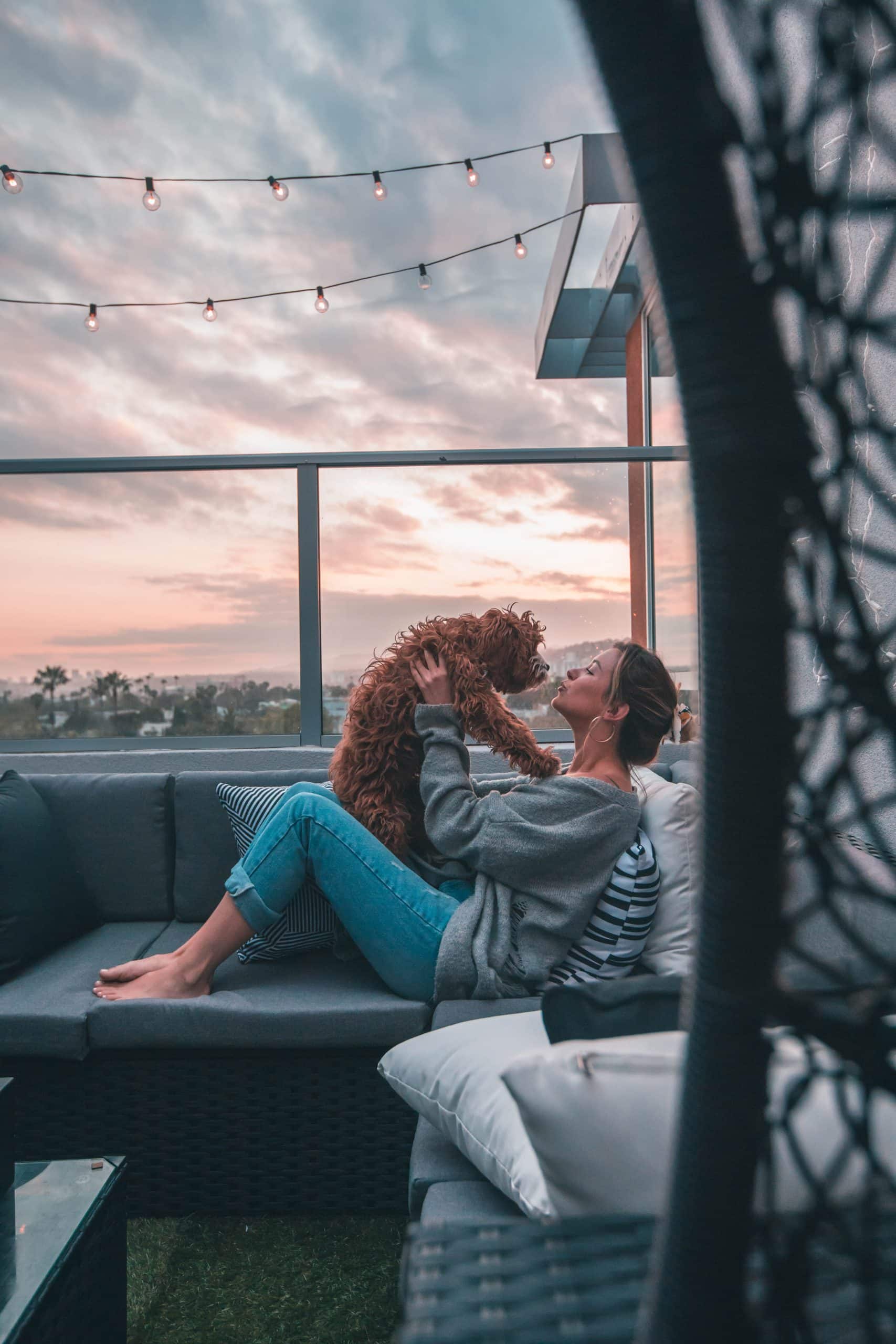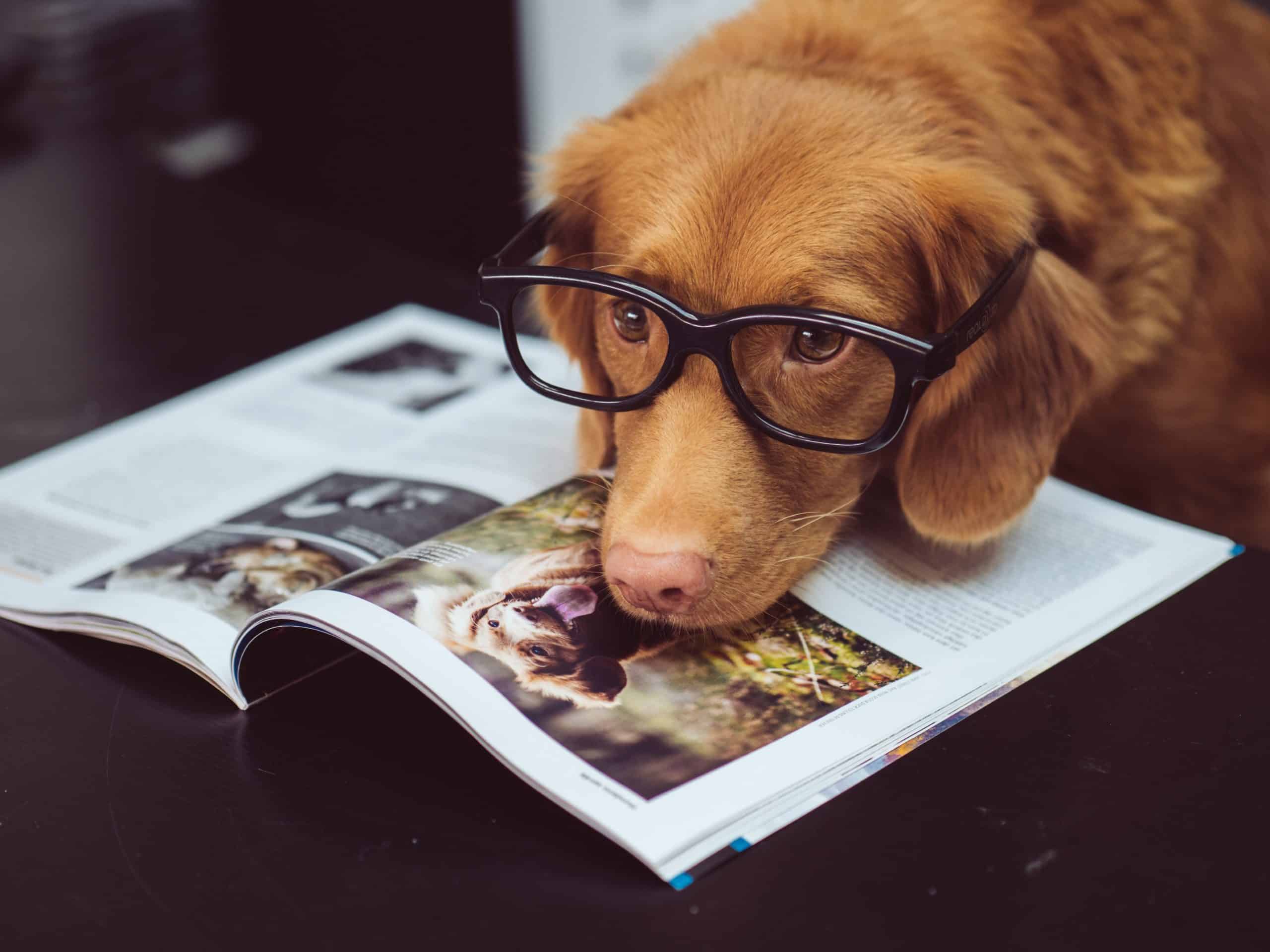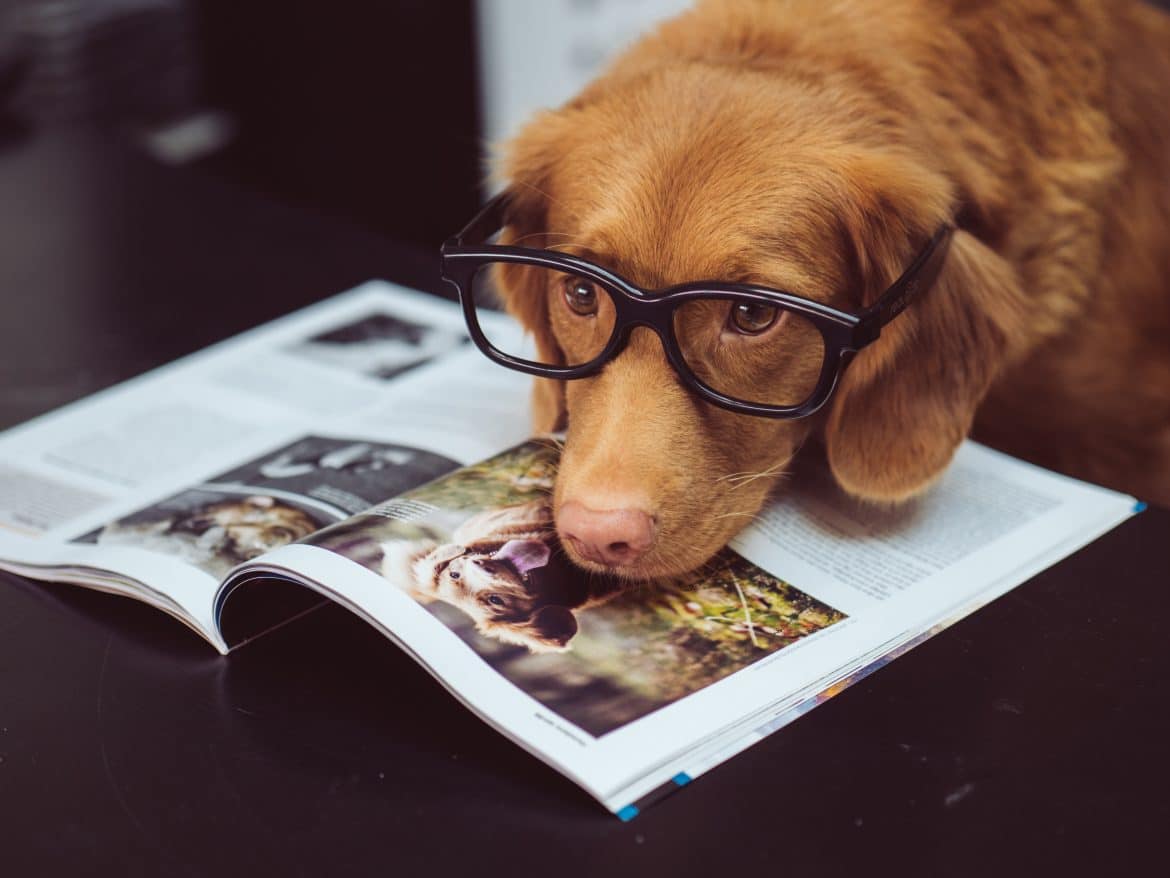Imagine a world where every dog is confident, well-behaved, and socially adept. A world where dogs wag their tails in delight at the prospect of meeting new friends, both furry and human. This is not just a dog owner's fantasy, but a reality that can be achieved through regular socialization. By exposing our canine companions to various stimuli, situations, and interactions, we can unlock a multitude of benefits for their overall well-being. In this article, we will explore the positive impact that regular socialization has on dogs, shedding light on the importance of this aspect in their lifestyles.
The Importance of Socialization for Dogs
Understanding Socialization in Dogs
Socialization is a crucial aspect of a dog's overall well-being and development. It refers to the process of introducing dogs to various environments, people, animals, and situations in a positive and controlled manner. This helps them become well-rounded, confident, and well-behaved companions.
The Social Nature of Dogs
Dogs are inherently social animals. They thrive on interaction and companionship. From birth, dogs seek out social connections, whether it's with their littermates, their mother, or humans. Dogs have a natural inclination to form social bonds, and the early stages of their lives are particularly critical for proper social development.
Why Socialization is Important
Socialization plays a pivotal role in shaping a dog's behavior and temperament. It helps them learn how to properly interact with other dogs, animals, and humans. Without proper socialization, dogs may exhibit fear, anxiety, and aggression towards unfamiliar situations or individuals. This can lead to behavioral issues and make it challenging for them to adapt to new environments.
Positive Effects of Regular Socialization
Improved Social Skills
Regular socialization enhances a dog's social skills, enabling them to engage positively and appropriately with other animals and people. Through exposure to various stimuli, dogs learn how to communicate effectively, interpret body language, and establish appropriate boundaries. This leads to better interactions and reduces the likelihood of conflicts or aggression.
Reduced Anxiety and Fear
Socialization helps dogs overcome anxiety and fear by gradually introducing them to new situations in a controlled and positive manner. By exposing dogs to different environments, sounds, sights, and experiences, they become more comfortable and confident, reducing their fear response. This is particularly important in preventing the development of phobias or anxieties later in life.
Enhanced Confidence and Self-esteem
Regular socialization boosts a dog's confidence and self-esteem. When dogs are exposed to various stimuli and successfully navigate different situations, they gain a sense of accomplishment. This helps them build trust in their abilities and become more self-assured. Confident dogs are more likely to handle new experiences, unfamiliar people, and other animals with ease and grace.

This image is property of images.unsplash.com.
Physical Benefits of Socialization
Increased Physical Activity
Socialization provides dogs with opportunities for increased physical activity. Dogs engaging in social interactions, such as playing with other dogs, exploring new environments, or participating in training classes, naturally engage in physical exercise. This helps keep them physically fit, maintain a healthy weight, and promote overall well-being.
Improved Overall Health
Regular socialization contributes to a dog's overall health. Physical activity associated with socialization helps strengthen their muscles and joints, improves cardiovascular health, and boosts the immune system. Moreover, socialization reduces stress levels, which can have a positive impact on a dog's overall health and longevity.
Lowered Risk of Behavioral Problems
Socialization significantly lowers the risk of behavioral problems in dogs. When dogs are exposed to different environments, people, and animals from a young age, they are less likely to develop fear, aggression, or anxiety-related behaviors. Proper socialization lays the foundation for a well-behaved, mentally balanced, and emotionally stable dog.
Socialization and Behavioral Development
Reduced Aggression and Reactivity
Regular and positive socialization helps to reduce aggression and reactivity in dogs. By exposing them to a variety of stimuli and teaching them appropriate responses, dogs learn to be less reactive to potential triggers. This results in a calmer and more well-behaved dog, making everyday interactions with other dogs and people much more manageable.
Better Adaptability to New Environments
Socialization further enhances a dog's adaptability to new environments. When exposed to different places, such as parks, cafes, or public spaces, dogs become familiar with various surroundings and learn how to navigate them confidently. This prepares them to handle new situations with ease, reducing stress and promoting overall adaptability.
Improved Relationship with Other Animals
Through socialization, dogs learn crucial social skills that enable them to form positive relationships with other animals. Dogs that are well-socialized become adept at reading body language, understanding social cues, and establishing appropriate play behaviors. This fosters healthy interactions with other dogs, facilitating the development of positive and lasting relationships.

This image is property of images.unsplash.com.
Prevention and Management of Behavioral Issues
Reduction of Separation Anxiety
Proper socialization helps in reducing separation anxiety in dogs. By gradually exposing them to short periods of separation from their owners and teaching them that being alone is not a cause for distress, dogs become more comfortable being left alone. This prevents the development of excessive reliance on their owners and the subsequent anxiety-related behaviors that can arise from separation.
Minimizing Destructive Behaviors
Socialization plays a crucial role in minimizing destructive behaviors in dogs. By providing mental stimulation, socialization helps channel their energy into positive outlets. Engaging in regular social interactions and activities gives dogs an opportunity to release pent-up energy, reducing the likelihood of destructive behaviors such as chewing or digging.
Preventing Resource Guarding
Proper socialization can prevent resource guarding in dogs. Through exposure to different social settings and controlled interactions with other animals and people, dogs learn to understand that resources, such as food, toys, or attention, are not scarce and don't need to be guarded aggressively. This helps promote a more relaxed and cooperative attitude towards resources.
Enhanced Training and Obedience
Better Focus and Attention
Regular socialization contributes to better focus and attention during training sessions. Dogs that are exposed to various distractions and learn to navigate them calmly are better equipped to concentrate on their owners and respond to commands. This leads to more effective and enjoyable training experiences for both the dog and their owner.
Easier Handling and Grooming
Socialization helps dogs become more comfortable with various handling and grooming procedures. Through positive exposure to different tactile sensations, such as being touched, groomed, or examined, dogs become desensitized to these experiences. This makes routine care, such as nail trimming, brushing, or vet visits, much easier and stress-free for both the dog and their owner.
Improved Response to Commands
Proper socialization improves a dog's response to commands. By exposing them to different environments, people, and animals, dogs learn to pay attention and respond appropriately to their owner's cues. This makes training sessions more effective and enables dogs to follow commands reliably, enhancing their obedience and overall well-behaved nature.
This image is property of images.unsplash.com.
Socialization Opportunities
Enrolling in Puppy Classes
Enrolling in puppy classes is an excellent way to provide structured socialization opportunities for your dog. These classes typically focus on proper socialization techniques, teaching basic obedience commands, and exposing puppies to different environments and stimuli. They offer a controlled and supervised environment for puppies to interact with other dogs and people in a positive and fun manner.
Regular Visits to Dog Parks
Visiting dog parks provides dogs with opportunities for socialization in a more informal and natural setting. Dog parks are designed to allow dogs to play, interact, and communicate with other dogs freely. This allows them to practice appropriate social behaviors, engage in physical exercise, and establish new social connections. However, it is important to always supervise your dog and ensure the park is suitable for their temperament.
Playdates with Other Friendly Dogs
Organizing playdates with other friendly and well-socialized dogs is another valuable socialization opportunity. This can be done with friends, neighbors, or joining local dog-related meet-up groups. Playdates allow dogs to engage in structured play, practice social skills, and continue to expand their social circle. It's important to introduce dogs gradually and monitor their interactions to ensure a positive and safe experience.
Understanding Safe Socialization Practices
Positive Reinforcement and Rewards
When socializing your dog, it is essential to use positive reinforcement and rewards. Rewarding desirable behaviors, such as calm and friendly interactions, helps reinforce positive social skills. This encourages your dog to continue exhibiting appropriate behaviors and builds a positive association with socialization experiences.
Gradual Exposure to New Stimuli
Gradual exposure to new stimuli is crucial for successful socialization. Introduce your dog to new environments, sounds, people, and animals in a controlled and incremental manner. Start with less overwhelming stimuli and gradually increase the level of exposure, always monitoring your dog's comfort level. This allows them to adapt at their own pace and build confidence gradually.
Supervised and Controlled Interactions
During socialization, it is crucial to supervise and control interactions between your dog and others. This ensures the safety of all parties involved and prevents potentially negative experiences. Ensure that the interactions are positive, avoid overly rough play, and intervene if necessary to redirect inappropriate behaviors. Being present and actively involved in your dog's socialization experiences is key to a successful outcome.
Overcoming Socialization Challenges
Working with a Professional Trainer
If you encounter difficulties with your dog's socialization, seeking the guidance of a professional trainer can be immensely helpful. Trainers experienced in behavior modification and socialization techniques can tailor a program specifically for your dog's needs and provide guidance on overcoming specific challenges. They can offer valuable insights and techniques to help ensure successful socialization.
Managing Fear and Anxiety
When dealing with fear or anxiety during socialization, it is essential to proceed at a pace that is comfortable for your dog. Gradually expose them to the stimuli that trigger fear or anxiety, using positive reinforcement and rewards. If you are unsure how to manage your dog's fear or anxiety, consult with a professional trainer or behaviorist for the best approach.
Rehabilitating Reactive or Aggressive Dogs
For dogs with reactive or aggressive behaviors, socialization may require additional steps and professional assistance. It is crucial to work with a qualified professional who specializes in behavior modification to assess the underlying causes of the reactions or aggression and develop an individualized rehabilitation plan. With patience, consistency, and proper guidance, even reactive or aggressive dogs can potentially improve their socialization skills.
Conclusion
The importance of socialization in dogs cannot be overstated. By providing dogs with regular socialization experiences, they can develop into well-adjusted, confident, and sociable companions. Socialization not only enhances their overall well-being and behavior, but it also contributes to their physical health and prevents the development of behavioral issues. By understanding the positive effects of socialization, employing safe practices, and seeking assistance when needed, you can ensure that your furry friend has the best chance of leading a happy and balanced life.



